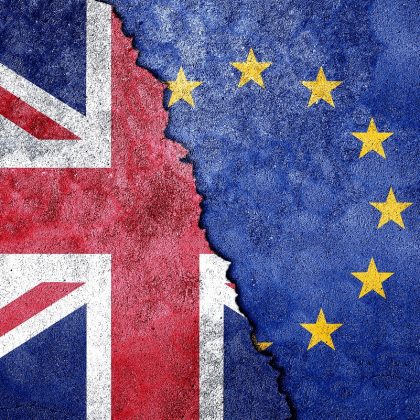Does Foreign Electoral Interference Violate International Law?
Interference in democratic decision-making processes carried out by outside powers is anything but a novel phenomenon. Especially during the period of the Cold War, both the United States and the Soviet Union almost routinely meddled with elections in foreign countries, with varying degrees of subversion and coercion.
But although the issue has never really dropped off the international agenda, it has received renewed attention in various scholarly disciplines over the past half-decade, primarily triggered by the revelations of the scale, sophistication, and persistence of Russian influence operations prior to the Brexit referendum in the UK and the 2016 US presidential election. In particular, recent technical developments and the now dominant position of social media platforms within the global media ecosystem have led to a reappraisal of foreign interference activities in both academia and international diplomacy. Are the existing rules of international law sufficiently able to address such adversarial state conduct, or does the emergence of digital influence operations call for the development of a new set of rules?
Traditionally, international law has prohibited intervention in another state’s internal affairs only if the interfering act – for example material or financial support for oppositional armed groups – amounted to “coercion”, an elusive concept that has never received an unambiguous, workable definition. The dissemination of information in a foreign country, in any case, was not considered reaching the necessary threshold. But what about novel forms of subversion of an electorate, for example by way of spreading disinformation, the micro-targeting of susceptible audiences, fake accounts that disguise the true source of a piece of information, or the employment of bots that artificially amplify political messages? A number of authors argue that such manipulative conduct is just as harmful as traditional modes of coercion and should thus qualify as amounting to unlawful intervention. Other scholars suggest that beyond the principle of non-intervention, electoral interference should be considered a violation of the target state’s sovereignty or – conceptually closely related – the target population’s right to self-determination, which comprises the right to freely determine one’s own political status (see Article 1(1) ICCPR).
However, the importance of scholarly opinions notwithstanding, international law is created by the states themselves, and among the international community of states we can observe a remarkable reluctance to address the phenomenon within the framework and in the language of international law. While states have certainly become aware of the novel threats to their electoral processes and have reacted with a host of political and legal measures, including the enactment of new laws that tackle the problems of disinformation and other deliberate distortions of the media ecosystem, but to date there have been almost no official statements that qualify adversarial information operations as prohibited intervention or the violation of a different rule of international law. At least with a view to democratic, open society, one explanation for this restraint might be an awareness that any definition of “unlawful interference” that comprises the dissemination of information in other countries might end up further curtailing the already sorry global state of the freedom of expression.
To learn more, read the article “Information Operations and the Question of Illegitimate Interference under International Law.” This article won the 2020 Israel Law Review prize.
Henning Lahmann is Senior Researcher, Digital Society Institute, ESMT Berlin.






